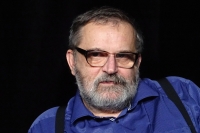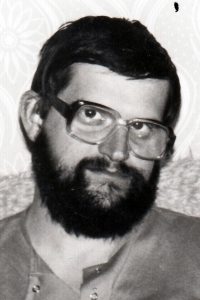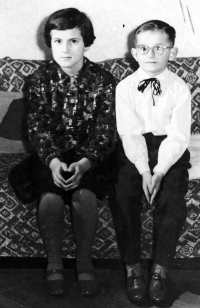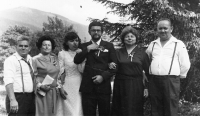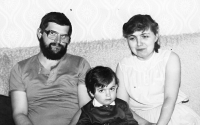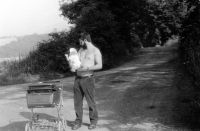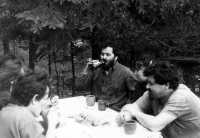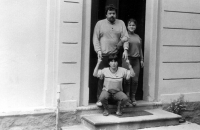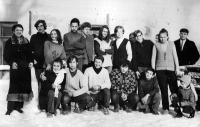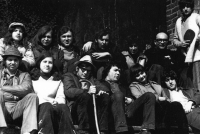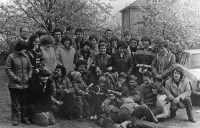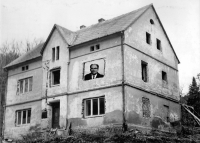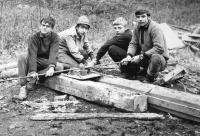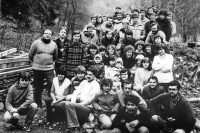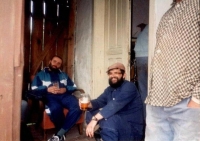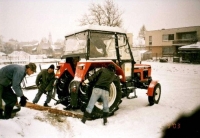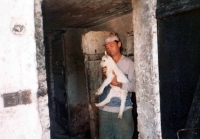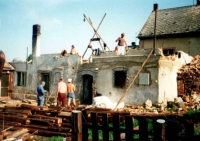I could work with a shovel all my life, but I’m happy that I live to see the freedom and I could do what I’m gifted for

Download image
Antonín Plachý was born on March 10, 1956 in an evangelical family in Opava. The father, a trained cook, was an active member of the Opava congregation of the Czech Brethren Evangelical Church (ČCE). He worked as a churchman, curator and lay preacher. Antonín trained to be a road engineer and worked for almost thirty years as a worker in the company Silnice Ostrava. As a young man, he participated in part time jobs and international meetings of Christian youth in Travná in the Rychlebské Mountains. He was in contact with people from Christian dissent. In the summer of 1989, he spreaded the petition A Few Sentences. After the fall of totalitarianism, he began working in social services. In Opava, he co-founded one of the first shelters for the homeless people in Czechoslovakia and became its long-term director. He co-founded the Association of Asylum Homes and was an inspector of the quality of social services. He received the award of the Committee of Good Will - Olga Havel Foundation. From a young age, he became involved in the Czech Brethren Church, for example in the advisory departments of the Synod Council.
